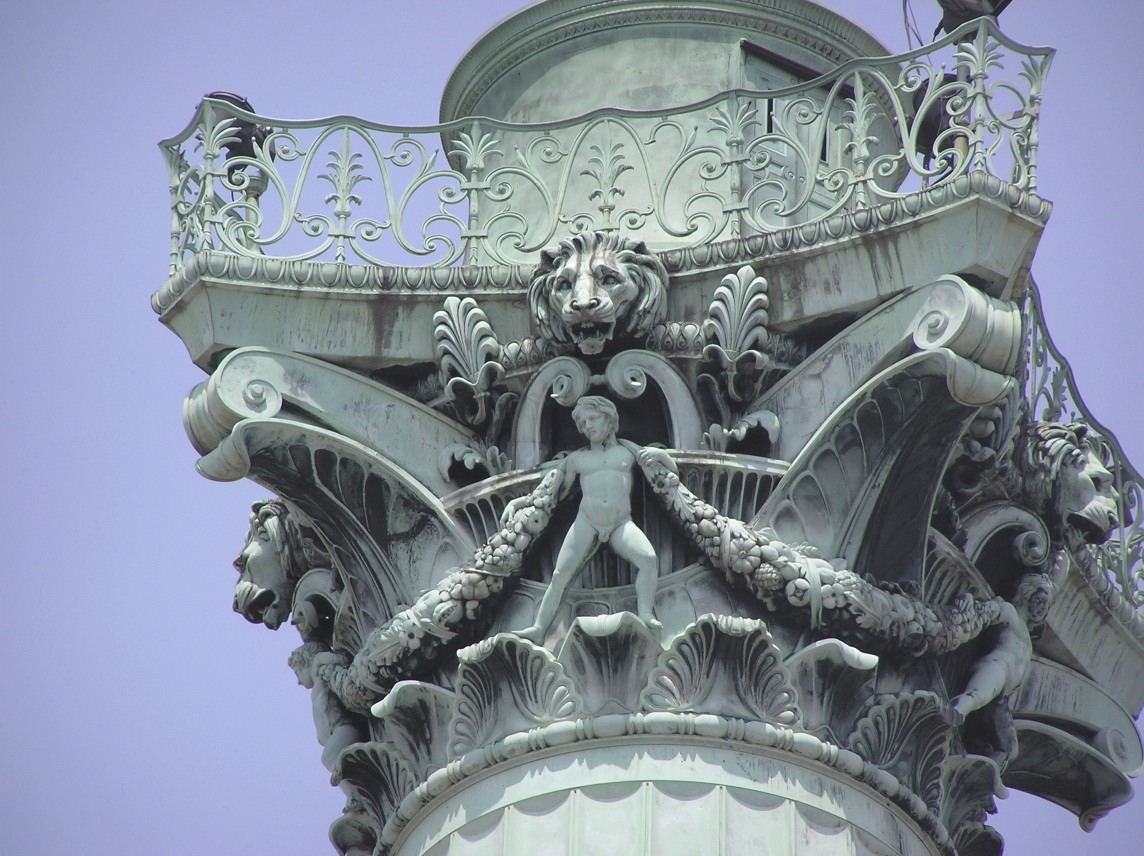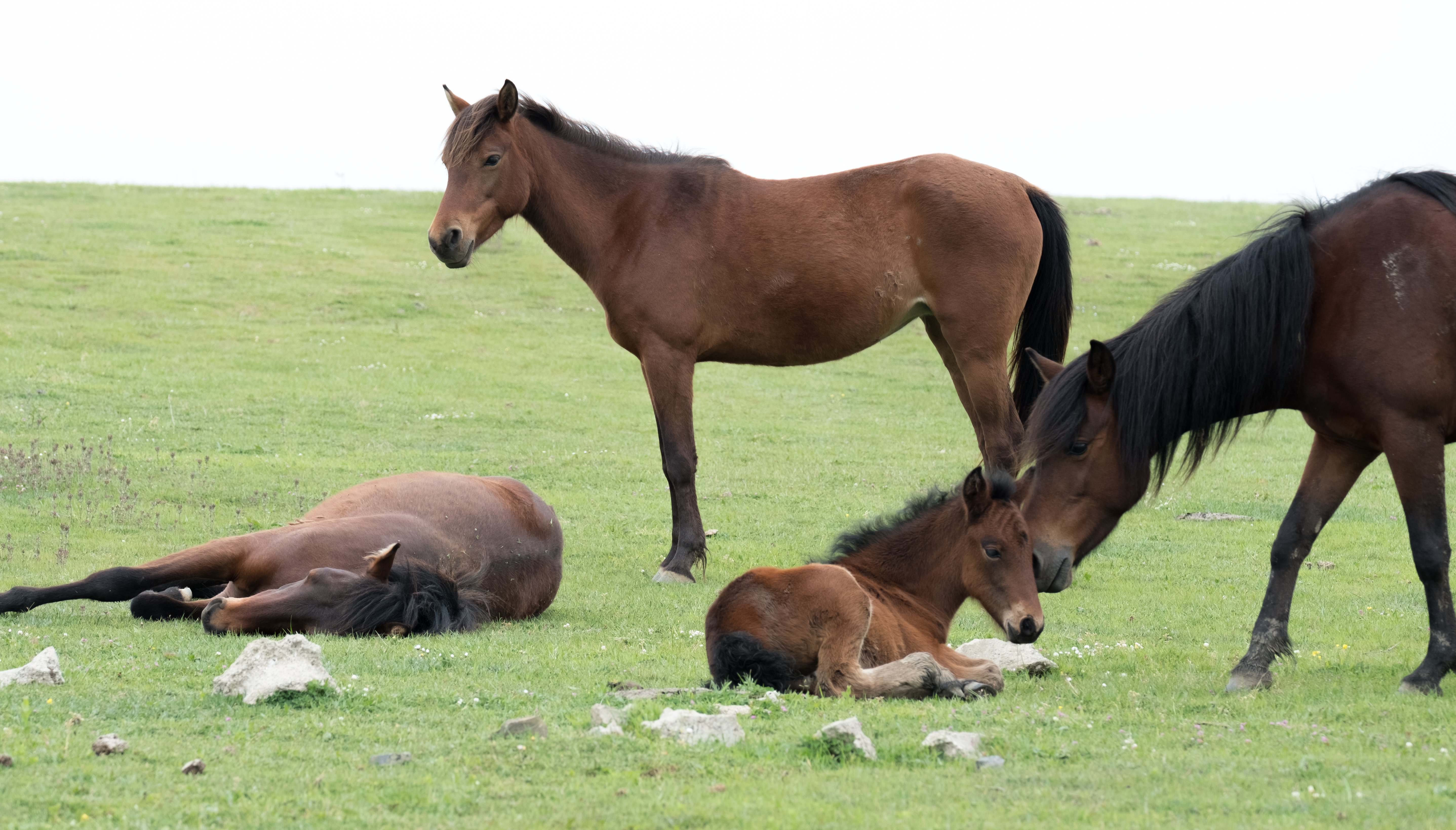
Respect, compensation, justification, efficacy, and creativity need to be priorities that override precedent, and the journey towards individual solutions can be constructive. Yet, the motive and method of most federal representatives is bound towards law and authoritative position regarding people’s freedom, restraint, and behaviors. The assumption is people don’t trust each other without the laws. The reality of today is there is evidence of both authoritarianism, distrust, and an ineffective use of resources and cooperation despite the democracy.
It’s apparent that “family” today and observations on family unit numbers as they reflect the breakdown of the societies, are at their highest levels in recorded history, which in English means there are more separated families, divorced people, and poor role models than maybe ever. Is this because people are getting worse? Or is it possible the Authoritarian dilemma grows with the institutions that validate it?
WHO ARE WE?
Is it true that today’s democracy is a band-aid not sufficient to the challenge? The fundamental question for each of us seems to be, “Who AM I?” The version of America without authoritarianism is the version of the family without it. It’s a version where parents don’t kick children out of the house, children don’t abuse their parents in old age, parents empower their children to their best ability, children are not ashamed by agreements they made freely, and breakdowns create listening and the chance for new agreements, not grudges.
Before the conceptualization of it, what was authoritarianism? The reality is one thing and modern considerations are different. Latin etymology says the word authority is derived from the word “Auctor,” meaning “Master,” “Leader,” or “Author.” These words have natural opposites; “Slave,” “Follower,” and “Reader.” With institutional authority on trial, the implied roles and positions of people, even in a democracy, become our dilemma. The enshrinement of elected representatives is neither noble nor corrupt, but the position of the disempowered is certainly significant. If authority predicates the role of Father, no wonder so many fathers with authority feel like they are in master-slave relationships. Authority is not natural. The natural model is leadership – pulling a child back to avoid danger is force, yes, according to physics. But again, it is also love. The difference between that and a punishment-based society is there for us to see and choose.







